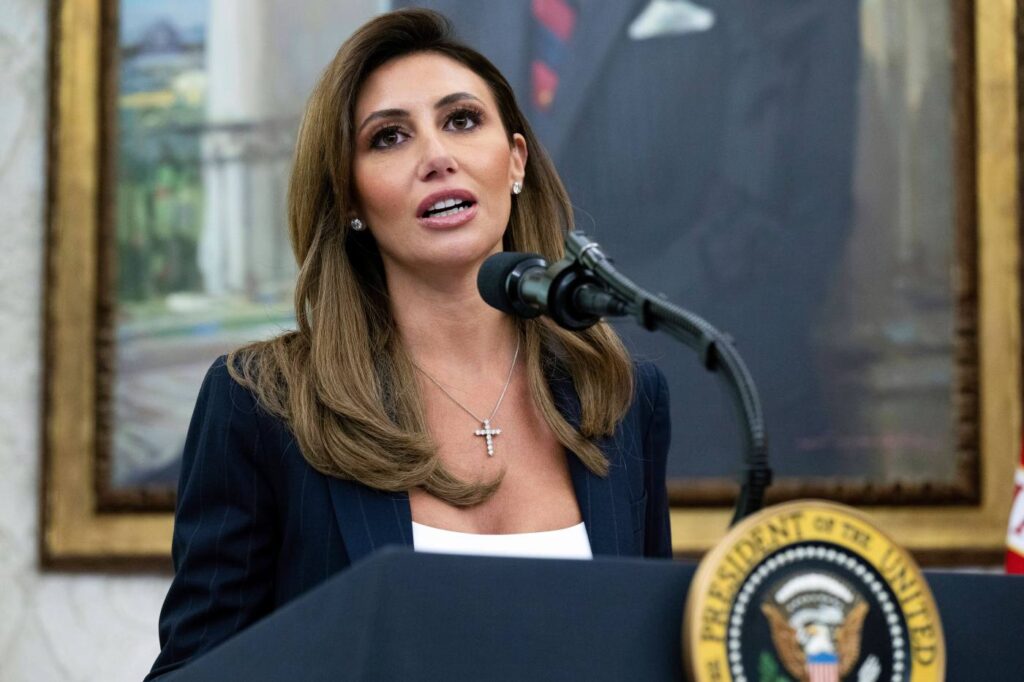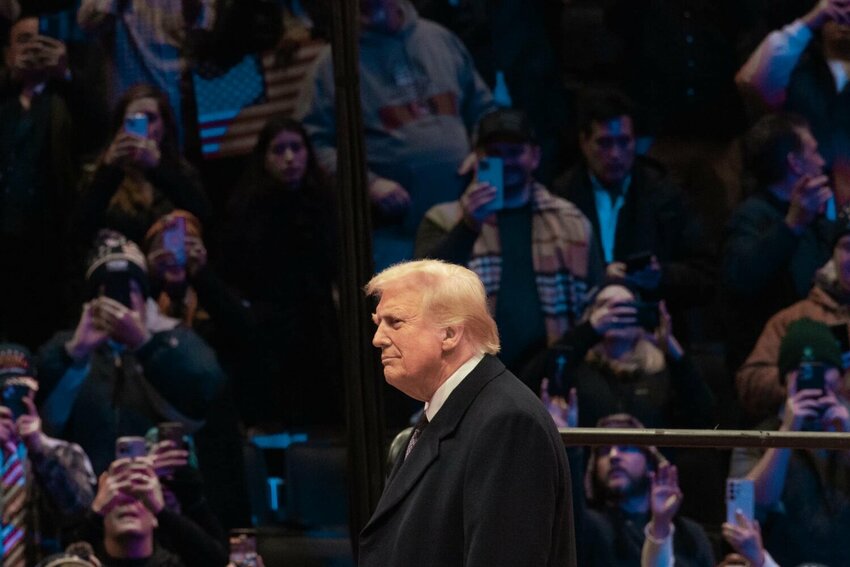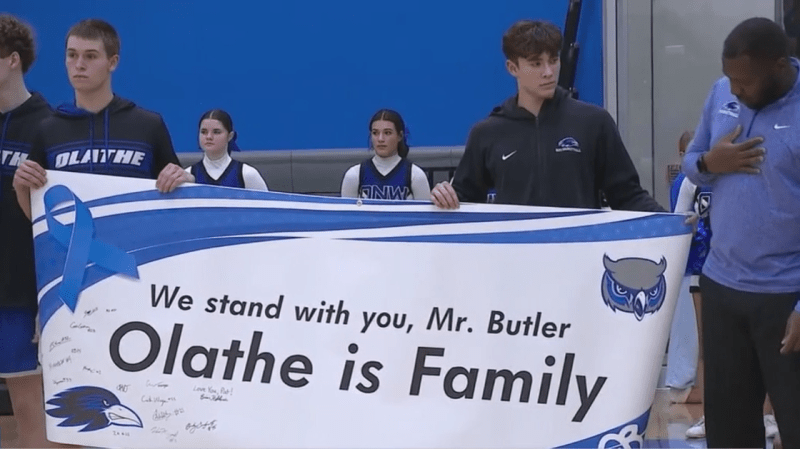
A federal judge has ruled that Alina Habba unlawfully occupied the position of U.S. Attorney for New Jersey for over a month and a half. This decision follows attempts by Donald Trump and Pam Bondi, the former Florida Attorney General, to retain her despite a panel of federal judges rejecting her permanent appointment. The ruling highlights concerns over the integrity of judicial appointments under the Trump administration.
The judge’s decision underscores the contentious nature of Habba’s appointment. She was initially chosen without the typical Senate confirmation process, raising questions about the selection of individuals based on loyalty rather than qualifications. Critics argue that Habba, who previously represented Trump in legal matters, was appointed to serve as an aggressive prosecutor rather than as an impartial figure in a critical judicial role. Her actions included a controversial indictment against a Democratic congresswoman, which many viewed as politically motivated.
In response to the federal judges’ ruling, the administration engaged in what some called procedural manipulation. By firing the acting head of the U.S. Attorney’s office and reappointing Habba, they effectively sought to bypass judicial authority. This has created significant disruptions within the office, leading to the cancellation of plea hearings and sentencings, as well as a halt on grand jury activities due to uncertainty over leadership.
The insistence on maintaining Habba in this role raises serious concerns about public safety in New Jersey, as essential prosecutorial functions have been compromised. Notably, the Senate, with its slim Republican majority, has shown a willingness to confirm various Trump nominees, further complicating the rationale behind Habba’s appointment and the administration’s apparent reluctance to seek Senate approval.
The ruling also serves as a cautionary note for John A. Sarcone III, who is reportedly serving as the interim U.S. Attorney for the Northern District of New York. A similar panel of judges had rejected his continued appointment, yet the administration has employed procedural means to extend his tenure, suggesting that his position may also be legally questionable.
In Manhattan, Trump’s influence has led to turmoil within the U.S. Attorney’s office, with several prosecutors, including former interim U.S. Attorney Danielle Sassoon, leaving amidst allegations of improper directives from the Justice Department. These developments have raised alarms regarding the integrity of judicial processes and the motivations behind certain legal decisions.
As the situation unfolds, the administration might find it beneficial to select qualified candidates for these important positions, as demonstrated by the judicial approval of interim U.S. Attorney Jay Clayton. Adhering to constitutional protocols and pursuing Senate confirmations could help restore stability and public confidence in the judicial system, rather than relying on politically motivated appointments that undermine the rule of law.







